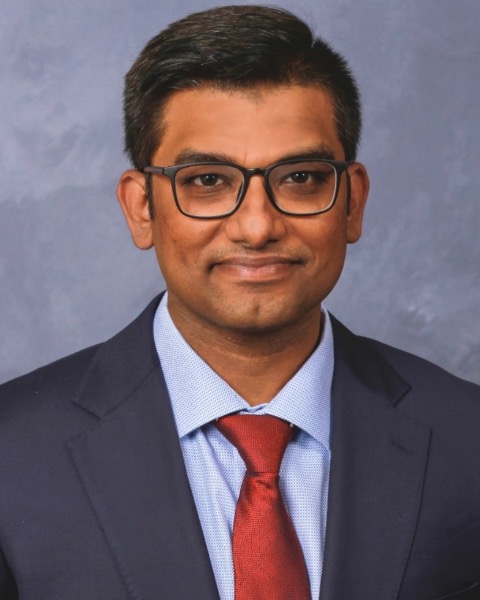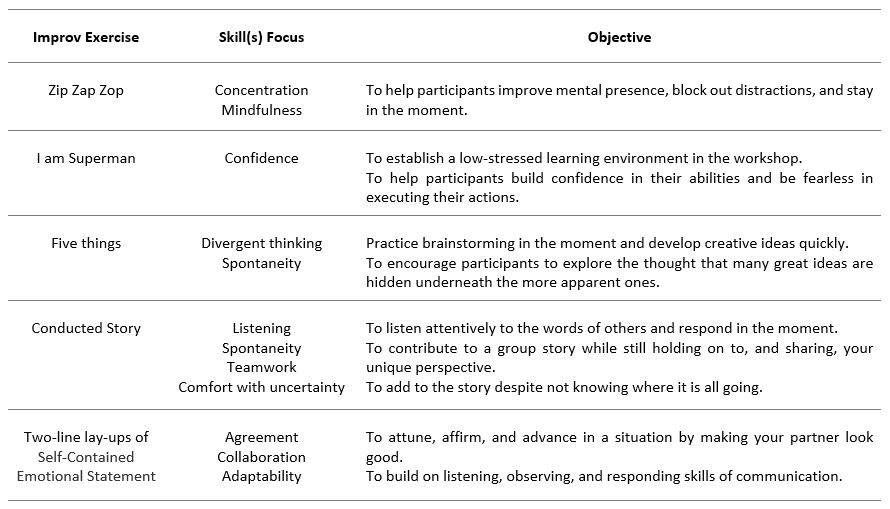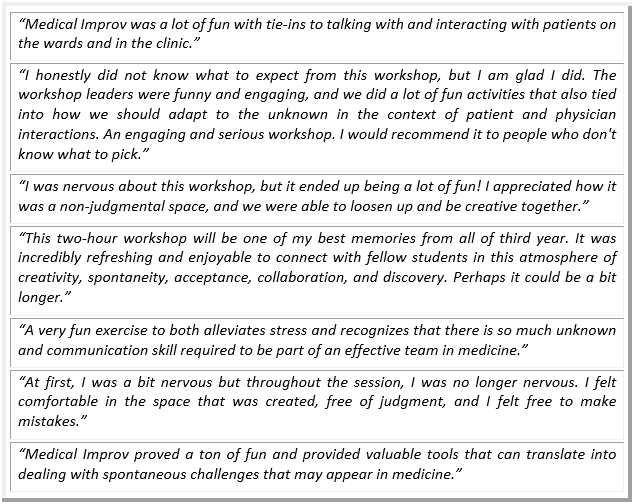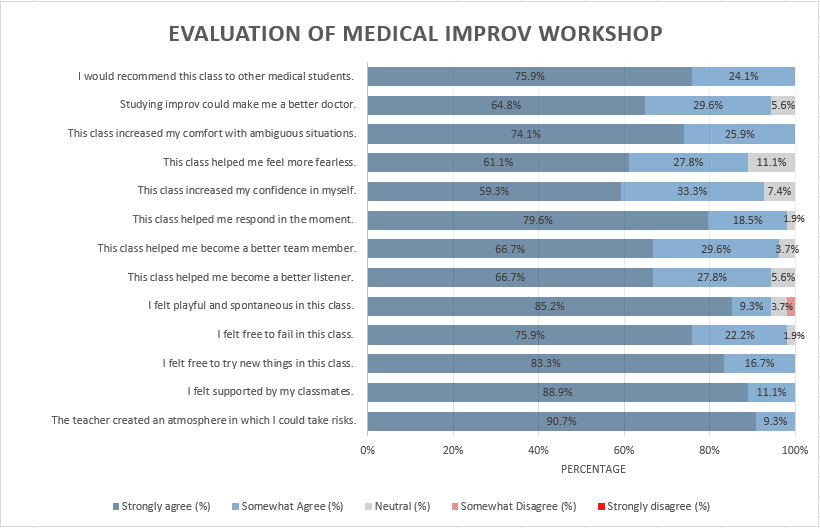Medical Education: Medical Student
Medical Education 12: Student 2
568 - Medical Improv Workshop: Teaching Theater Techniques to Facilitate Medical Students’ Response to Ambiguity in Clinical Practice
Sunday, April 30, 2023
3:30 PM - 6:00 PM ET
Poster Number: 568
Publication Number: 568.326
Publication Number: 568.326
Abdul Wasay Khan, Loma Linda University Health, Loma Linda, CA, United States; Amy Hayton, Loma Linda University School of Medicine, Loma LInda, CA, United States; Samrah I. Siddiqui, Loma Linda University School of Medicine, Loma Linda, CA, United States

ABDUL Khan, MD (he/him/his)
Nicu Fellow
Loma Linda University Health
Loma Linda, California, United States
Presenting Author(s)
Background: The practice of medicine is unpredictable, with every physician-patient encounter being relatively improvised. This uncertainty requires clinicians to think on their feet and respond skillfully. To date, undergraduate medical education has effectively trained medical students for certainty, but students are not explicitly prepared for medical uncertainty, which can cause anxiety and impact their well-being. This study aimed to develop and evaluate the feasibility and outcomes of a medical improvisation workshop to fill the existing gap in the curriculum and better prepare students for navigating uncertainty in clinical encounters in a low-stressed environment.
Objective: Our objective was to determine whether improvisational theater training methods can improve students’ perception of their confidence, competence, and comfort in navigating ambiguous clinical situations.
Design/Methods: A two-hour medical improvisational workshop was designed for third-year medical students at Loma Linda University School of Medicine. The workshop introduced the basic tenets of improv through exercises adapted to the medical context, followed by a debrief that connected these skills to clinical applications. Table 1 presents an overview of the workshop. Outcomes were assessed using a modified Watson’s post-workshop survey. Responses were reported on a 5-point Likert scale ranging from 1 (strongly disagree) to 5 (strongly agree). Anonymous narrative feedback was collected as a part of the workshop evaluation.
Results: A total of 54 students took the medical improv workshop from Fall 2021-2022, and the feedback was overwhelmingly positive (Table 2). Most students (90.7%) “strongly agreed” that the workshop provided a low-stress learning environment (Figure 1). The workshop helped the students feel more fearless (mean=4.5±0.7) and increased their self-confidence (mean=4.5±0.6). The mean scores for students’ perceived improvement in listening, teamwork, and the ability to respond in the moment were 4.6±0.6, 4.6±0.6, and 4.8±0.5, respectively. Additionally, 74.1% of the students “strongly” felt that the workshop increased their comfort with ambiguous situations, and 94.4% “agreed” that studying medical improv could help them become better doctors.
Conclusion(s): Medical Improv is an innovative and fun way to teach clinical skills and was found to be popular among students (100% agreed to recommend this workshop to their peers). It is a novel intervention that addresses medical students' fear of making mistakes and helps them gain confidence in their communication in uncertain situations.



